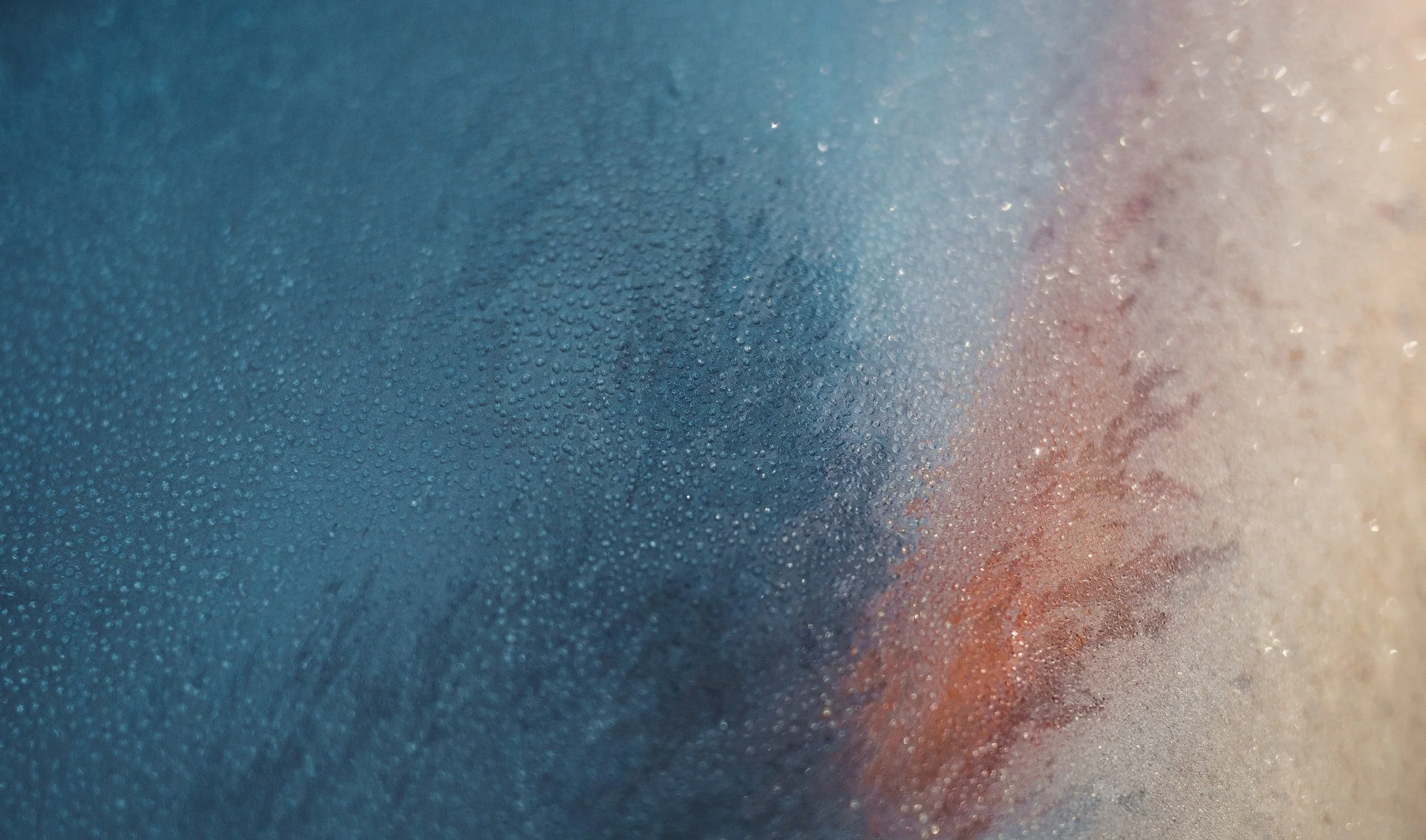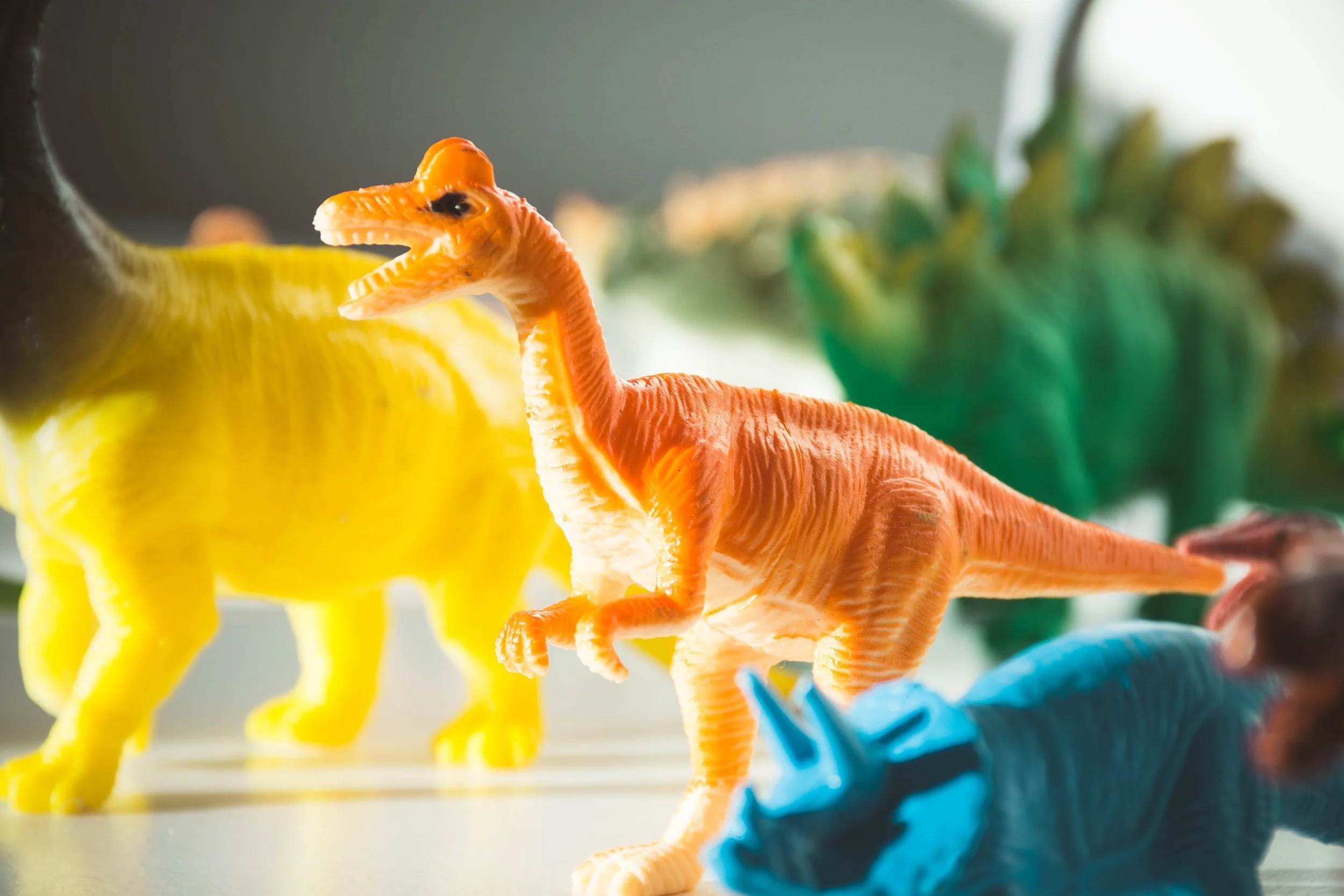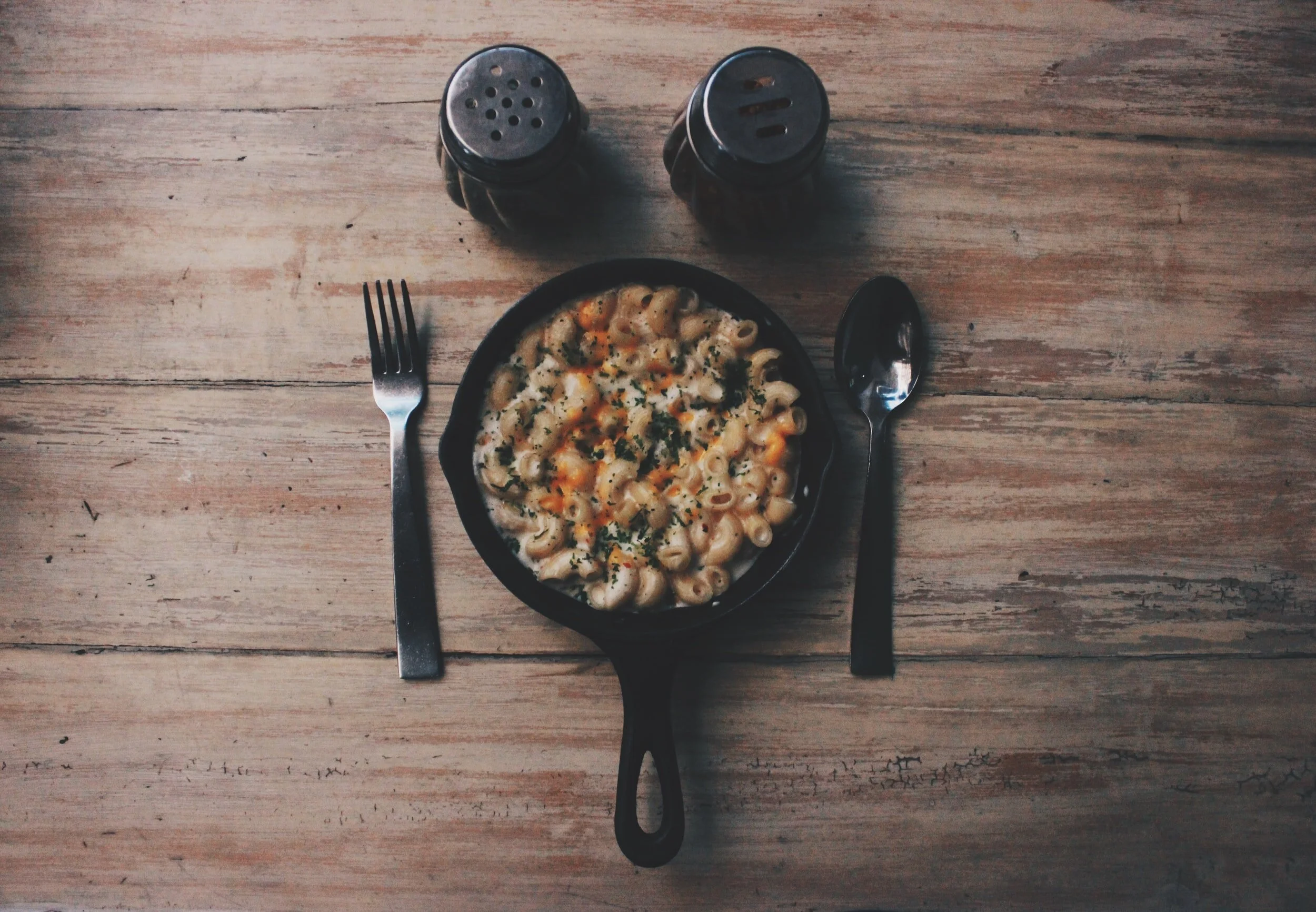The Dinosaurs of Parkchester Public Library
I didn’t learn to read until I was eight years old, a full month into second grade. It’s not something that entirely made sense, since I had learned how to spell simple words in the previous year, and I could speak English with the same ease as Spanish since the end of kindergarten. Reading, however, was something that had slipped past until the day my teacher took me aside, bewildered by my scattershot collection of knowledge. Sure, she told my mother later, I was smart, but if I didn’t learn how to read whole sentences soon, I would need to be held back a grade. It was only looking back, years later, that I understood my mother’s indignant outrage at this possibility—as the only child of a Central American immigrant family living in a one-bedroom apartment in the Bronx, I already had enough stacked against me. And so, my mother raided the tiny section of children’s books available at the Goodwill near her work in downtown Manhattan, lugging her haul on the train home with more determination than concrete plans.
It took two weeks of her trying to teach me to read for both of us to get absolutely fed up with the endeavor. I remember how just the sight of a particular book—a white cover with a rainbow of colors—how just seeing it laid out on the dining room table was enough for me to burst into tears. Even before I knew what it really was, I hated reading with all the energy I could muster in my tiny, medically underweight hands. I don’t know that I had ever felt that kind of desperate anger before, the biting frustration of feeling too stupid to grasp what everyone around me already knew how to do. Finally, one evening, my mother, tired from work and resigned to having me repeat a grade, rather dramatically rage quit and announced that my father could try his hand if I wasn’t willing to learn with her.
Given that they were divorced, and I only ever saw him on the weekends, this was not going to work, and even at eight years old, I knew it. But, just before I could start crying again, my grandmother stepped in from the kitchen, drying her hands on her apron and bringing with her an immediate de-escalation of tension. Abuela, or Chayo, as she was known to everyone else, was the consummate peacekeeper of our household. When my mother reached the limits of her admittedly short patience, abuela was the one to soothe, placate, or even gently bribe her into a calmer state of mind. She was the only person who could talk my mother down, one of the few people with whom my father would condescend to sit down and have coffee and a conversation, and her soft hands were the ones I would reach for when I was unsure of my place in the world.
Though she wouldn’t always interfere in my mother’s plans for me, that evening, she did. Playfully pulling my mother into the kitchen with her to help finish dinner, my abuela told her she would give teaching me a try because, after all, my mother worked all day, and it just made sense that she was the one with the most time for this anyway, no? I don’t know if my mother was gracious in relinquishing control, but I do know that the next day, after school let out, my abuela took us through the winding maze of tall redbrick buildings that was central Parkchester to the more commercial section by the subway train station. There, she led me past the shops selling fresh fish and mariscos, past dry cleaners, small bodegas, and tiny electronic shops that sold prepaid phone cards you could use to call back home, down to a quieter part, to a building bordered by a tall wrought iron gate. As we turned in, the first thing I noticed were the stone dinosaurs, two of them. I knew this wasn’t a park, not with all the concrete and how quiet it was, but something about them made the place seem welcoming, almost magical. But then we walked past them, into the building, and I saw my abuela had brought me to a library. I remember feeling a sharp betrayal, to be surrounded by books, by these things I couldn’t do anything with. Was she going to drag me to one of the tables and make me try and read in front of strangers? The humiliation would be more than I could bear, and I flushed red, angry and embarrassed and acutely miserable.
Just as I was gearing up for the pouting of a lifetime, my abuela gently herded me over to a quiet section full of low shelves and soft chairs. This was the kid’s section, I later learned.
In quiet Spanish, she told me, “Pick out some books you want, and I’ll be back in a bit.”
When I asked where she was going, she just smiled, her eyes twinkling. “Bueno, to pick out my own books, of course.”
With that, she walked away, and maybe I should have felt abandoned, but all I felt was a mild confusion. I could pick out my own books? Somehow, that thought was revolutionary. I wondered if my mother had agreed to this. Almost defiantly, I spent the next half hour picking up books, looking at them, slowly flipping through pages as if it mattered, and imperiously putting back the ones that looked boring. One had an almost frightening-looking caterpillar on the cover, and it made me feel excited and nervous in equal measure to wonder what the story could be about. By the time my abuela wandered back with her own books, I had three choices clutched in my hands. She looked them over, and I half expected her to put one back, choose another, but instead, she just nodded, and we went up to the main desk to check out. As we made our way back home, books tucked safely into my backpack, I felt rebellious. I felt like I was some intrepid explorer who had ventured far out to a new land, bringing back hidden knowledge stashed in my bright purple vinyl backpack. Once we were back at our apartment, I laid the books out on my bed, something almost giddy bubbling in my stomach as I perused the choices I had made.
Of course, I still couldn’t read. Words blurred themselves into incomprehension when I tried to put them together on the page, but that didn’t matter as much, not when I went out to the living room and my abuela was there, her own book in hand and gesturing for me to join her. She could only read in Spanish, and the books I had picked were all in English, but I still tucked myself on the couch with her and stubbornly opened a book on my lap. I didn’t want to go back to crying at the dining room table with my mother, not when I felt included in this new adventurous activity with my abuela, and I became determined to hold on to that.
It’s almost painfully absurd to think back on it, but I already had the tools I needed to learn how to read; I just needed to want to do it. Instead of being forced into a shape I would never take, my abuela had molded me gently into a form that would better fit my future. The following year, I graduated as scheduled to the third grade, and by then, I had become very familiar with the stone dinosaurs outside the Parkchester Branch library.
-Cristina Paredes
Cristina Paredes was born in the intense cultural cacophony of New York City and spent the ’90s being shuttled around the five boroughs before her family made the cross-country move to the California Bay Area at the turn of the millennium. She spent her teen years navigating Hispanic culture as it tangled with the primarily white upper-middle-class neighborhood where she attended high school and gained a profound appreciation for drinking Jarritos with people who couldn’t roll their r’s. An unexpected move to Texas in her early twenties, combined with an intense curiosity about the world around her, netted her some incredible friendships, hobbies, and eventually an oddly cushy IT job working in specialty health care. She currently lives at the foothills of the Rocky Mountains with her life partner and their tenaciously grumpy blind bunny, Fitz.





















